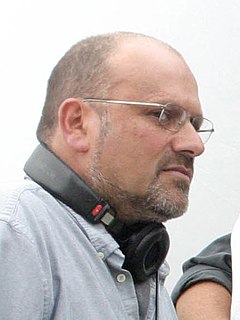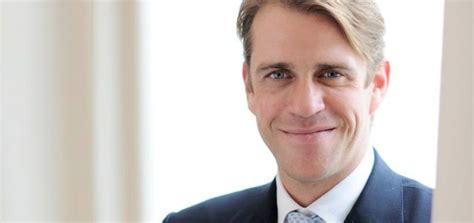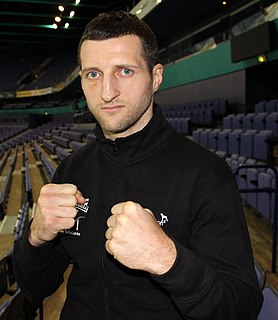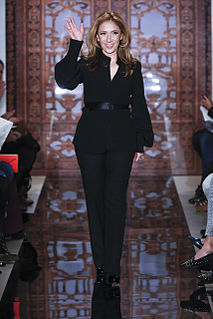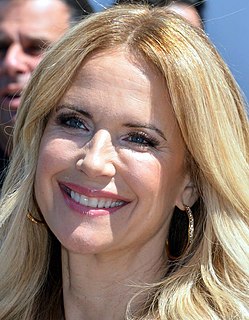A Quote by Yasser Arafat
Who imagined that what I said upon my departure from Beirut would become a reality, when I said the volcano and typhoon which started in Beirut will not stop.
Related Quotes
I need to have one foot inside and one foot outside a culture to be able to write about it. For example, I couldn't write about the gay culture if I were wholly inside or outside of it. Finding that distance is always interesting. I jokingly say that when I'm in America, I write about Beirut, and when I'm in Beirut, I write about America. A lot of my friends in Beirut think I'm more American than Lebanese. Here, my friends think of me more as Lebanese.
It was important for me to show that Beirut and Lebanon were once the pearl of the Middle East. Beirut was once called the Paris of the Middle East and to have that feeling of a destroyed place that once was beautiful and glamorous and visually impressive was important. I think it's even sadder to get the feeling that this country, and indeed the whole Middle East, could have been a major force in the world if people would get together and forget about destruction, death and wars. But unfortunately, it's not happening yet.
For Beirut it was the civil war, and the dividing of the city - which is something that is shared among Beirut, Berlin and Baghdad. And Cairo is a city that has a scar that was born after many decades of dictatorship - oppression shaped the people's lives, and forced people to grow up accompanied by fear. I belong to a generation that, whether we like it or not, was shaped by this fear of death or loosing the people you love, the threat of war, not allowed to be yourself, forced to be silent - as you watch ignorance occupying everything around you. And this is a deep scar.
When I arrived in Beirut from Europe, I felt the oppressive, damp heat, saw the unkempt palm trees and smelt the Arabic coffee, the fruit stalls and the over-spiced meat. It was the beginning of the Orient. And when I flew back to Beirut from Iran, I could pick up the British papers, ask for a gin and tonic at any bar, choose a French, Italian, or German restaurant for dinner. It was the beginning of the West. All things to all people, the Lebanese rarely questioned their own identity.
As I searched the atlas for somewhere to run to, Hugh made a case for his old stomping grounds. His first suggestion was Beirut, where he went to nursery school. His family left there in the midsixties and moved to the Congo. After that, it was Ethiopia, and then Somalia, all fine places in his opinion. 'Let's save Africa and the Middle East for when I decide to quit living,' I said.
And my dad's answer would be usually something to the affect of, A, it came out better than he imagined, but also, he said, "No, it would be impossible for me to imagine the way it will come out." He said, "Yes, I story-boarded it, I had a plan, but then I work with an army of great artists and I want all of them to create inside that creation."




